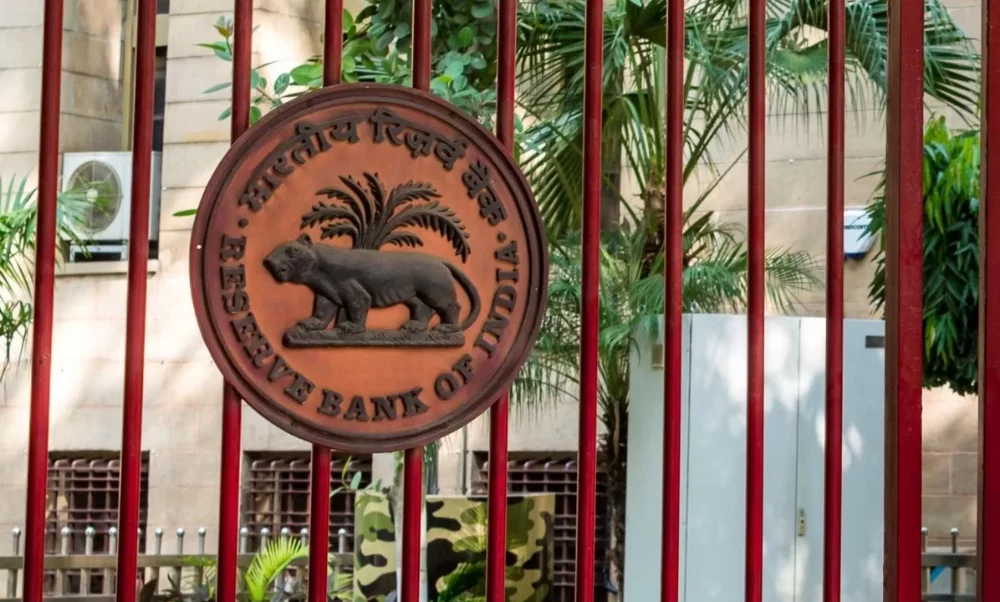RBI Rule: Recently, after the disclosure of Rs 122 crore scam in New India Cooperative Bank reserve Bank has also taken a big action. During this time RBI has banned both the deposits and withdrawals of the bank.
Apart from this Bank The board of has been suspended for 12 months. In such a situation, the account holders of this bank are in a state of panic as to what will happen to their deposits now? Today we will give you information about this, whether you can withdraw money from the account even after a bank closes or it is Diwali?
RBI Rule: Deposit Insurance and Credit Guarantee Corporation
RBI says that people who have deposits up to Rs 10 lakh in their accounts will be allowed to withdraw up to Rs 5 lakh. This facility will be provided under the Deposit Insurance and Credit Guarantee Corporation. Currently, as per RBI’s instructions, bank customers are not allowed to withdraw. According to Navbharat Times, many such cases have come to light in which banks have cheated people with their deposits. On receiving complaints, the Reserve Bank investigates these banks. If the initial investigation is found to be correct, the Reserve Bank bans these banks. During this time, the bank can limit or stop the withdrawal of customers’ money. This ban remains until the investigation is completed.
As per RBI rules, in case of bank collapse, you will get a maximum of Rs 5 lakh. This claim is given under insurance. If you have Rs 2 lakh deposited in a bank and that bank collapses, you will get the entire amount back under the insurance of Rs 5 lakh, but if you have Rs 7 lakh deposited in the account, then the maximum amount you can get under insurance is Rs 5 lakh. In such a case, you will directly lose Rs 2 lakh.
If you want to keep your money safe, you can deposit your money in different banks. According to the information, this amount is insured under the Deposit Insurance and Credit Guarantee Corporation (DICGC) rules. In such a situation, keep one thing in mind. Never keep your money in small and local banks. Deposit it in Public Sector Banks (PSU) and big private banks.
The reason for this is that the level of corporate governance is very high here and so are the regulations. Avoid depositing in co-operative banks unless necessary. Also maintain your deposit limit of Rs 5 lakh with only one bank. But deposit your savings in many banks, so that when the bank defaults, your money remains safe.
Related Articles:-
- Kotak Mahindra Bank cuts interest on savings account by 50 bps. Check here
- UPI’s new rule effective March 1: Now pay for premium via blocked amount
- US Layoffs: Trump administration sacked 7000 IRS employees, those on probation period were laid off
- LIC’s Smart Pension Plan: Invest 1 lakh and you will get pension for lifetime every month on maturity, key features eligibility
- Income Tax: Complete these tasks before 31st March, otherwise you will have to pay lakhs of rupees in tax
